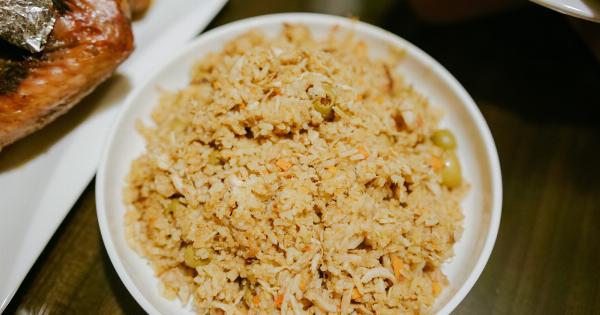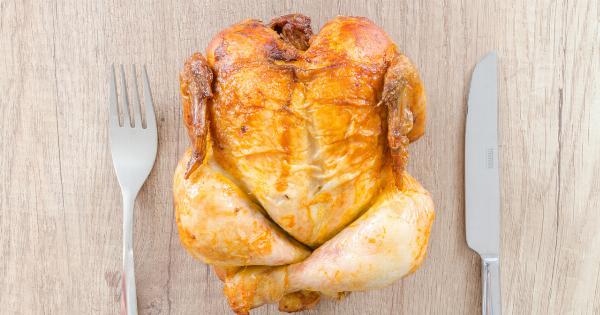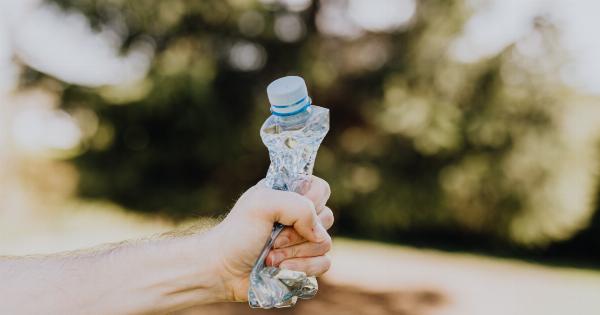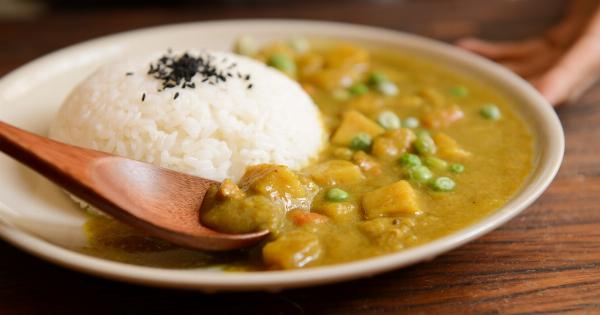Keeping chickens has become a popular trend in recent years, with many people enjoying the benefits of fresh eggs, organic pest control, and the companionship these feathered friends offer.
However, it’s important to remember that while chickens can enhance our lives, they can also pose health risks if proper precautions are not taken. In this article, we will discuss essential tips for preventing chicken-related illnesses and ensuring the safety of both you and your flock.
Understanding the Risks
Chickens, like any other animals, can carry harmful bacteria, viruses, and parasites that can cause illness in humans. The primary sources of these pathogens are found in the chicken’s feces and respiratory secretions.
Some common chicken-related illnesses include:.
- Salmonella: This is one of the most well-known diseases associated with poultry. It can cause food poisoning symptoms like diarrhea, vomiting, fever, and abdominal cramps.
- E. coli: Chickens can carry strains of E. coli bacteria that may lead to diarrhea, urinary tract infections, respiratory illness, and even kidney failure.
- Campylobacter: This bacterial infection can result in diarrhea, vomiting, and severe abdominal pain. It is often transmitted through direct contact with contaminated poultry or their excrement.
- Avian Influenza: While rare, this viral infection can cause severe respiratory illness in both birds and humans. In some cases, it can be fatal.
- Parasitic Infestations: External parasites like mites and lice can be bothersome to both chickens and their caretakers. These pests can cause itchiness, feather loss, and skin irritation.
Creating a Clean Environment
Proper sanitation is crucial for minimizing the risks associated with backyard chickens. Here are some important steps to keep your flock and yourself safe:.
1. Coop Maintenance
Regularly clean and disinfect your chicken coop, removing any accumulated organic matter like droppings, feathers, and bedding. Pay extra attention to nesting boxes and perches, as these areas can harbor bacteria.
Use a non-toxic disinfectant to sanitize surfaces periodically.
2. Hand Hygiene
Always wash your hands thoroughly with soap and water after handling chickens or touching any surfaces in the coop. Even if you don’t have visible dirt on your hands, bacteria may still be present.
3. Separate Footwear
Designate specific footwear for use only in the chicken coop. This will help prevent the transfer of pathogens from the coop to other areas of your property.
4. Biosecurity Measures
Implement biosecurity measures to minimize the risk of introducing diseases to your flock.
This includes limiting visitors to your coop, obtaining new birds from reputable sources, and quarantining new additions before introducing them to the rest of the flock.
Safe Chicken Handling Practices
Practicing safe handling techniques can reduce the likelihood of contracting chicken-related illnesses. Here are some guidelines to follow:.
1. Use Personal Protective Equipment (PPE)
Wear gloves, protective eyewear, and a dust mask when cleaning the coop or performing any tasks that involve direct contact with chickens or their waste. PPE acts as a barrier and helps prevent the transmission of pathogens.
2. Avoid Face Contact
Avoid touching your face, particularly your eyes, nose, and mouth, while handling chickens. This will prevent potential pathogen transfer from contaminated hands to mucous membranes.
3. Safe Egg Handling
Always wash your hands before and after collecting eggs. Inspect eggs for signs of dirt, cracks, or abnormal appearances. Discard any eggs that appear dirty or damaged, as these may be more likely to harbor bacteria.
4. Proper Food Handling
Make sure to store chicken feed in sealed containers to prevent contamination from pests and rodents. Additionally, avoid eating near the chicken coop or allowing chickens to come into contact with cooking utensils or surfaces.
Preventing Disease Transmission
Preventing disease transmission within your flock is essential for maintaining the overall health and well-being of your chickens. Follow these practices to minimize the risk:.
1. Vaccination
Consult with a veterinarian who specializes in poultry to determine which vaccines are recommended for your specific region. Vaccination can protect against common poultry diseases and reduce the risk of transmission to humans.
2. Quarantine New Birds
Keep new birds separated from the rest of your flock for a minimum of two weeks. This allows you to monitor their health and prevents the potential spread of any undetected diseases.
3. Treat Parasitic Infestations
Regularly inspect your chickens for signs of external parasites, such as mites or lice. If infestations are detected, promptly treat affected birds with appropriate insecticides or seek veterinary advice.
4. Maintain a Healthy Environment
Provide your chickens with a clean and stress-free environment. Ensure they have access to fresh, clean water and a balanced diet to boost their immune system and prevent the spread of infectious diseases.
Conclusion
By implementing proper hygiene practices, maintaining a clean environment, and taking necessary precautions, you can greatly reduce the risk of chicken-related illnesses.
Remember, keeping your chickens healthy not only protects them but also safeguards your own well-being. By following these tips, you can enjoy the many benefits of backyard chickens while ensuring the safety and health of both yourself and your feathered companions.































